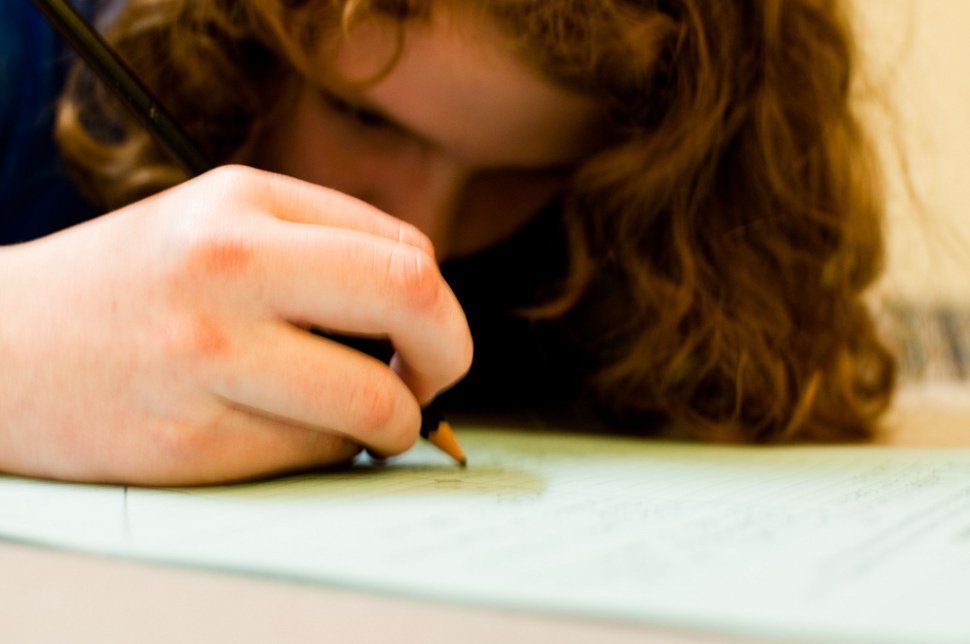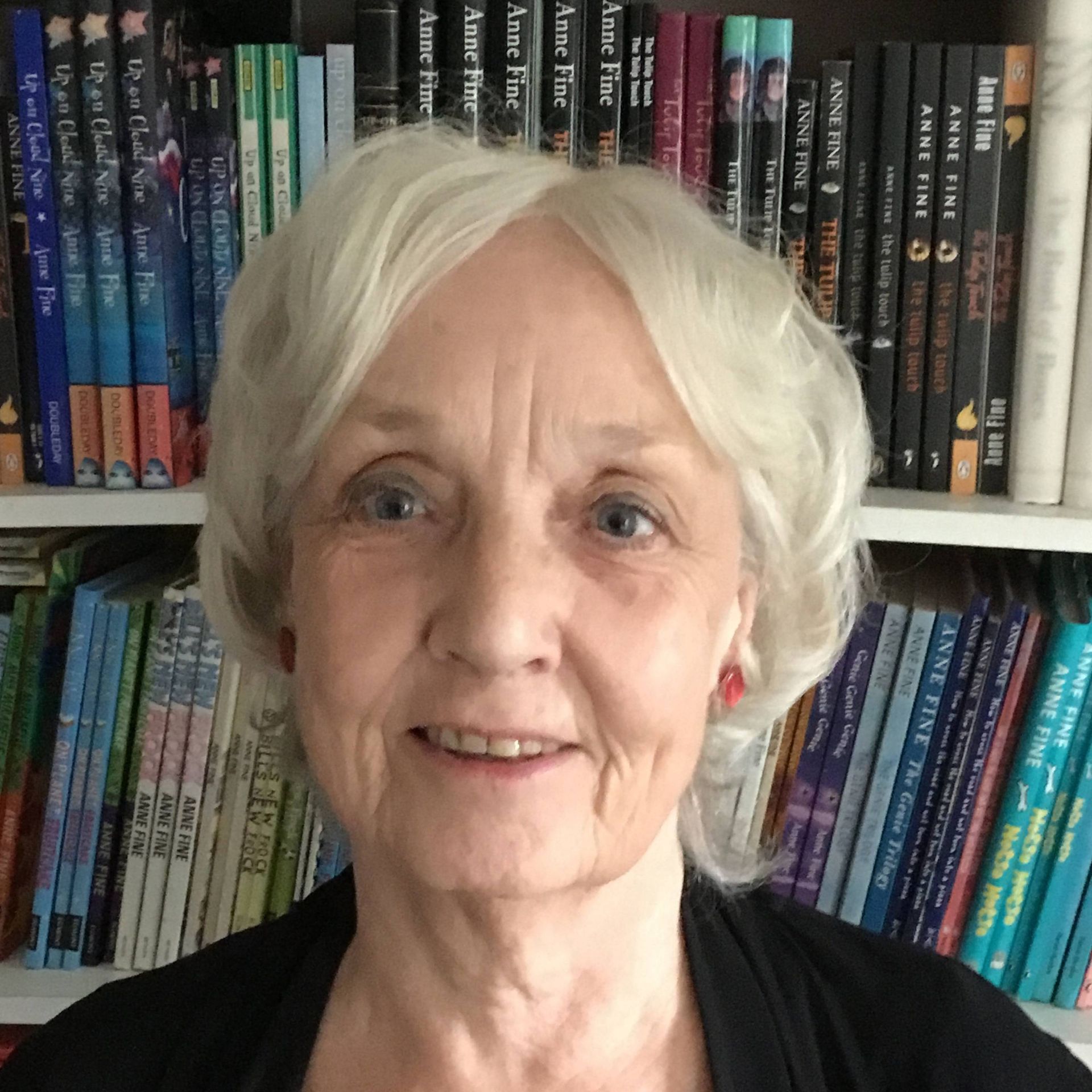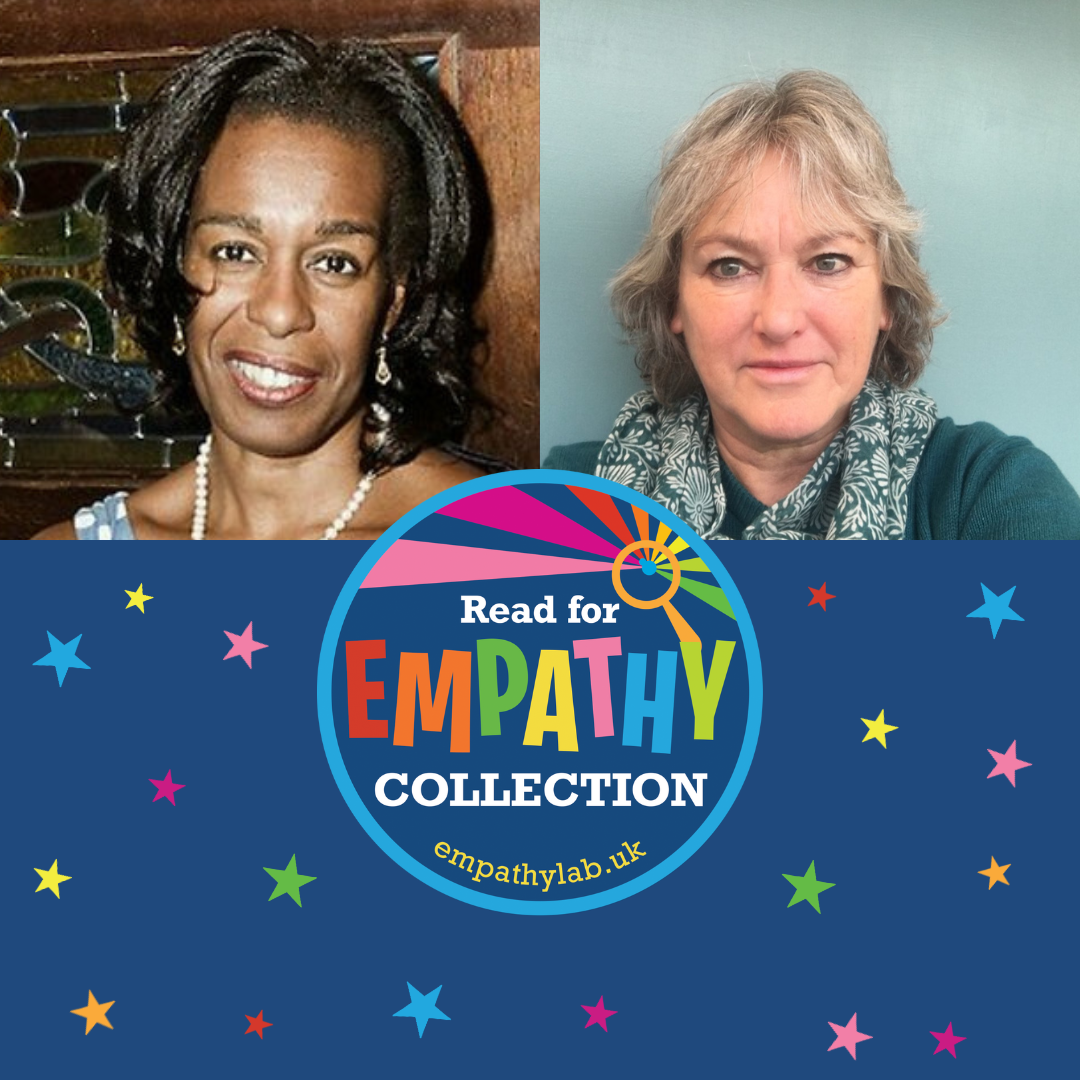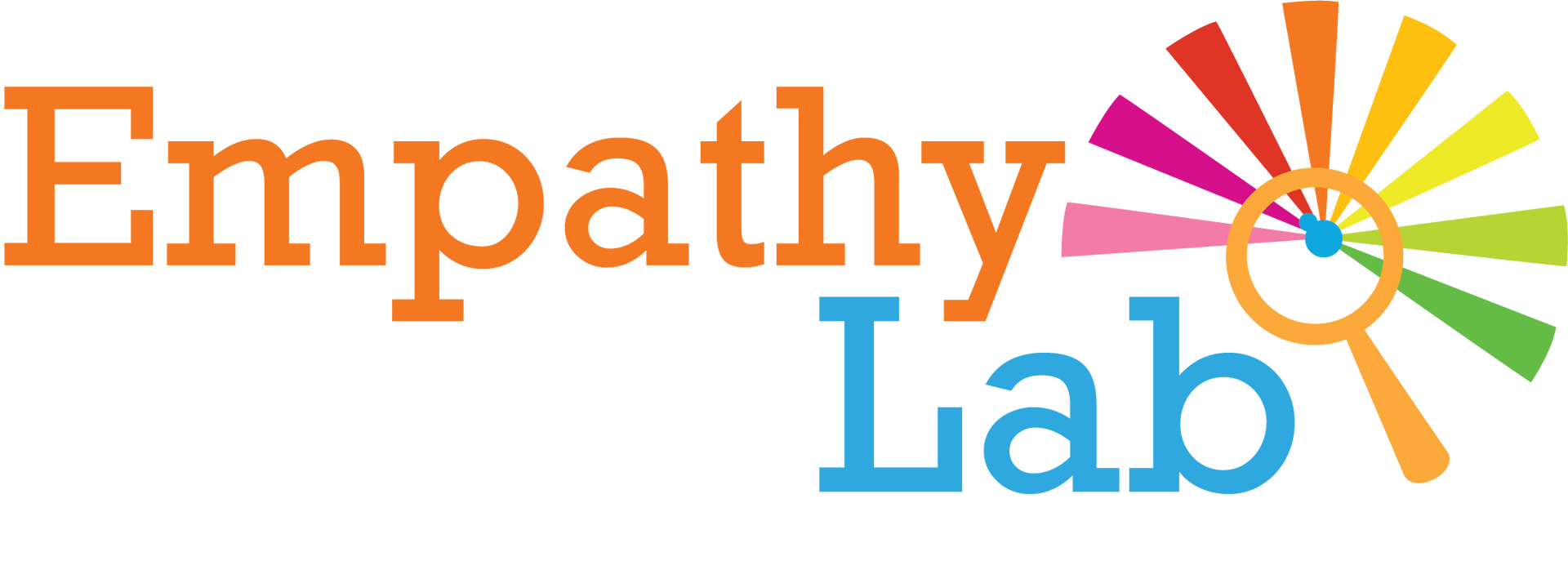HELPING YOUNG PEOPLE DEVELOP EMPATHY
- By EmpathyLab
- •
- 31 Jan, 2017
- •

As an educational psychologist, I am passionate about the “creative power of words to build empathy and the power of empathy to make the world a better place”, as outlined in the mission statement of EmpathyLab. So much of an educational psychologist’s work centres around helping young people develop empathy and also helping the adults living or working with the young people develop empathy for the young people.
In Hampshire, the educational psychologists train and give ongoing supervision to Emotional Literacy Support Assistants to support young people in schools. Emotional Literacy Support Assistants foster empathy and model empathy for the young people with whom they work.
We also train school staff to run Therapeutic Story Writing Groups (using Trisha Waters’ model), using the magic of story and metaphor to help children express their emotions in an appropriate and non-threatening or exposing way. Children are encouraged to write about anything they like and this excites and motivates them to write more. This not only gives them confidence and boosts their sense of belonging and wellbeing, but it improves their literacy skills as a by-product of addressing their emotional needs. It is vital to motivate young people to read and write, not just equip them with decoding and spelling skills. Through accessing stories, people can think about others and others’ contexts and issues, as well as their own, all of which are important life skills.
We have recently begun to train adults to run Story Links sessions which bridges the gap between home and school through the medium of co-creating a story with a young person, their parent/carer and a teaching assistant. Both children and adults connect through the fun and laughter arising from making up a story together and develop insights into another’s world. It was through experiencing the impact of this work first hand that drew me to want to find out more about EmpathyLab’s intentions.
It would be lovely if the freedom of telling and writing stories could be extended to a wider audience to reach more young people and adults than is possible through small group or 1:1 interventions. I look forward to hearing more about EmpathyLab’s proposals in this respect and would be keen to support such an approach or further research into the matter. Convincing others, who are pressurised by curriculum demands, is a challenge, yet the irony is that by giving children the freedom to write, they write more and they write better, as well as feel better.
Find out about the Top Ten Messages from our Think In and our next steps.
Read the Think In crowd-sourced recommendations for books that helped you understand someone else better.
Join our network on LinkedIn – we’d love you to be part of the conversation.
Thank you to Melanie Holtsman for her fantastic image ‘Get ready, Get Set, Write’ used under creative commons.

Why has the sheer importance of empathy come to the fore in recent years? Why do we care so much about a concept that had seemed to be left to itself for so long?
Perhaps because there has been so much change and upheaval for our young people in recent years, leaving so many isolated from what we might term ‘real’ contact with others. Lockdown was for many a disaster. The proliferation of phones hasn’t helped. Financially stretched families are often starved of time that can be spent in casual, easy, contact with one another.
So gaining an understanding of others from fiction has become more and more important. Children have always learned from the books and stories they are offered. From the fairy tales, children who lived in an elemental world without luxuries or social safety nets learned the virtues that were so necessary back then to survival: courage, resourcefulness, endurance, quick wits, kindness to strangers.
Our own young people live more tightly under separate roofs, and we have seen the language of books change accordingly - to Mum, the babysitter, playgroup, park, baby sister, Dad’s girlfriend, the bully, happy, worried, sad. It’s the language of relationships and emotions now, and understanding and compassion liberate. They have become the twenty-first century equivalent of Hansel and Gretel’s pebbles gleaming in the moonlight to show the way out of the dark forest.
Frank Flanagan once said good writers “structure, explain and evaluate the experience of childhood and empower the child to come to terms with it. They enable the child to lead a full life."
How? Partly by quite unconsciously increasing self-knowledge and self-awareness. A young reader can’t help but see characters in books unconsciously as if in a mirror. "I'm not like that." "I worry about that too." "I would have been braver”, “slower to catch on”, “tempted to be more mean”. And when this sense comes of no longer being the only one in the world to have this problem, or to feel that way, the child not only comes to realise that they are not alone, but also to gather insights into how other people deal with the same worries or tackle the same problems. In short, they learn, vicariously, how other people tick.
We have so many young people who, it seems, sometimes as a result of their upbringing, often simply by nature, have somehow failed to acquire the tools to begin to think about their own situation. Through fiction they can often begin, safely, to explore the more subtle aspects of life around them - an insight into someone else's life. A child can share desk space with someone else all year and yet learn less about them than about a character in one short book that’s read to them at night. I try to show this in my novel On the Wall , where, over the school year, Finley’s quite exceptional gift for tranquillity and self-acceptance in an anxiety-inducing world causes one fellow pupil after another to look more deeply into themselves, and learn how to rebalance their own way of thinking to become, in the process, calmer, happier, or more accepting.
We all want, for our young people, peace of mind. An excellent start is to explore Lauren Child's wonderful 'Staring into Space' project: https://staringintospace.me/
Then, steep them in fiction. And where better to find the
best than at the EmpathyLab itself?
You can purchase Anne's book, On the Wall,
here

The collection consists of 65 books for 3-16 year olds, each chosen for its unique contribution in building young people’s empathy.
The primary collection for 3-11 year has 40 books; the secondary collection features 25 books for 12-16 year olds.

